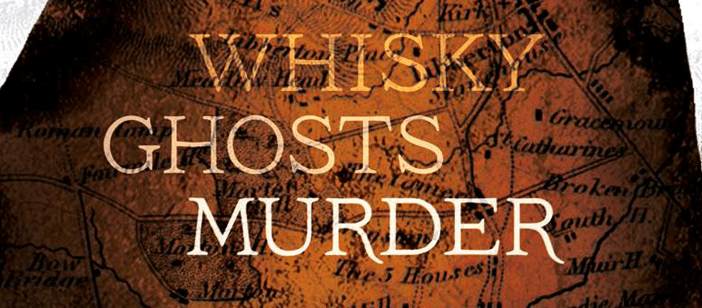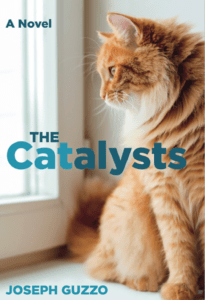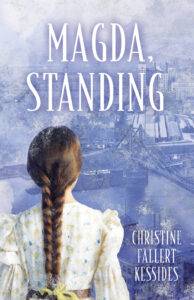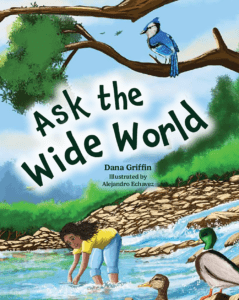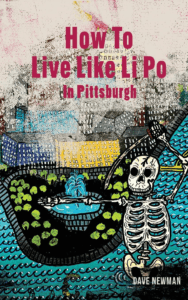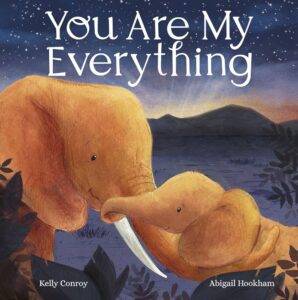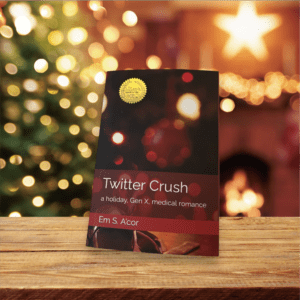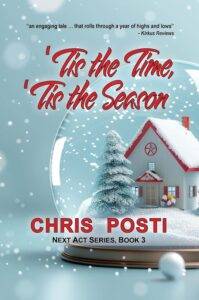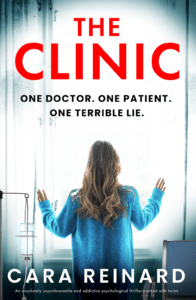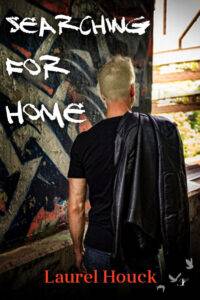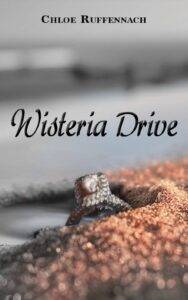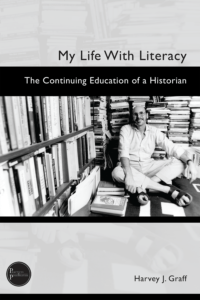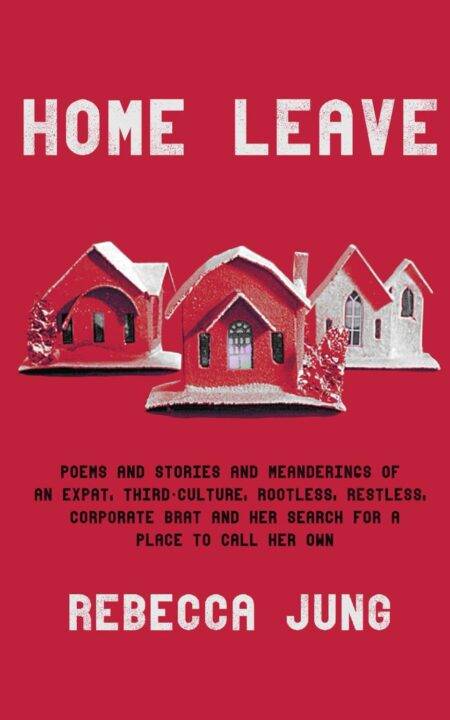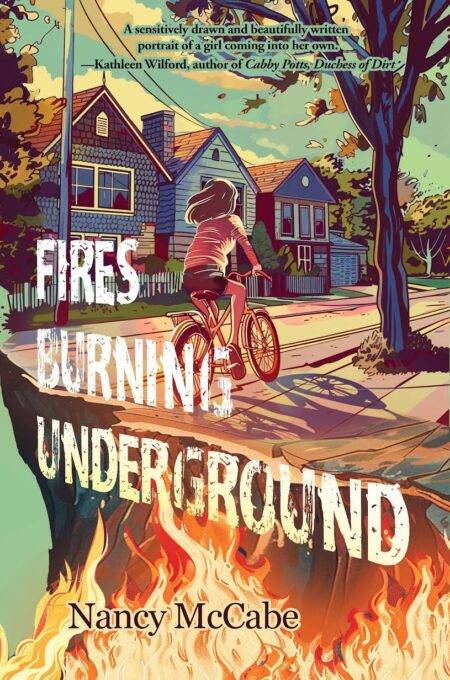Bonnie MacBird‘s long Hollywood career includes four years as a feature film development exec at Universal, the original screenplay for the movie TRON, three Emmy Awards for documentary writing/producing, eleven Cine Golden Eagles for scripted and documentary work, numerous produced plays and musicals, and theatre credits as an actor and director. Art in the Blood, her first novel (written in the style of Arthur Conan Doyle and featuring Sherlock Holmes and Dr. John Watson) was published in 2015 by HarperCollins and released in 14 languages worldwide to critical acclaim.
Don’t miss out: MacBird will be visiting Mystery Lovers on Tuesday, October 24th at 7pm (and will be doing a whisky tasting as part of her event)!
From the publisher: “Whisky. Ghosts. Murder. In this second book in the Sherlock Holmes Adventure series, MacBird weaves a tale of kidnapping, bombing, ghosts, and murder which propels the Great Detective and Watson to London, the South of France and finally to the freezing Highlands of Scotland. There, in a ‘haunted’ castle and among the copper dinosaurs of a great whisky distillery, they face mortal danger, and Holmes realizes that three seemingly disparate cases have blended into a single, deadly conundrum. In order to solve the mysteries, the ultimate rational thinker must confront a ghost from his own past. But Sherlock Holmes does not believe in ghosts… or does he?”
CHAPTER 1
Stillness
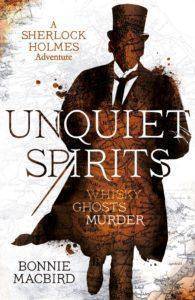 As a doctor, I have never believed in ghosts, at least not the visible kind. I’ll admit I have even mocked those who were taken in by vaporous apparitions impersonating the dead, conjured by ‘mediums’ and designed to titillate the gullible.
As a doctor, I have never believed in ghosts, at least not the visible kind. I’ll admit I have even mocked those who were taken in by vaporous apparitions impersonating the dead, conjured by ‘mediums’ and designed to titillate the gullible.
My friend Sherlock Holmes stood even firmer on the topic. As a man who relied on solid evidence and scientific reasoning, he saw no proof of their existence. And to speak candidly, to a detective, ghosts fulfil no purpose. Without a corporeal perpetrator, justice cannot be served.
But hard on the heels of the diabolical and terrifying affair of The Hound of the Baskervilles which I recount elsewhere, our disbelief in the supernatural was put to a terrifying test. One might always expect my friend’s rational and scientific approach to triumph, yet some aspects of the strange and weird tale I call Unquiet Spirits defy explanation, and there are pieces of this puzzle that trouble me to this day.
Holmes forbade publication of these events until fifty years after his death, and I believe his reasons were due less to any momentary lapse on the subject of ghosts than they were to the revelation of facts concerning Holmes’s last days at university. Thus I defer to my friend’s wishes, and hope those who are reading this account at some unknown future date will understand and grant us both the benefit of a kindly regard on the actions we took – and did not take – in Scotland, in the winter of 1889.
It had been a year filled with remarkable adventures for us, culminating in the recent terrifying encounter with the Baskervilles and the aforementioned spectral hound. Back in London afterwards, with the great metropolis bustling about us in the noisy pursuit of commerce, progress, science, and industry, the dark occurrences of Dartmoor seemed a distant nightmare.
It was a late afternoon in December, and the coldest winter of recent memory was full upon us. A dense white fog and the promise of snow had settled over the streets of London, the chill penetrating to the bone.
My wife Mary had been called away once again to a friend’s sickbed, and without her wifely comforts, I did not hesitate to return to visit my singular friend in our old haunts at 221B Baker Street, now occupied by him alone.
My overcoat hung dripping in its usual place, and as I stood in our formerly shared quarters awaiting the appearance of Holmes, I thought fondly of my first days in this room. Just prior to first encountering Holmes, I had been in a sorry state. Discharged from the army, alone in London and short of funds, my nerves and health had been shattered by my recent service in Afghanistan. Of that ghastly campaign and its consequences, I have written elsewhere.
The lingering effects of my wartime experiences had been threatening to get the better of me. But my new life with Holmes had sent those demons hurtling back into darkness.
I stood, taking in the familiar sights – the homely clutter, Holmes’s Stradivarius carelessly deposited in a corner, the alphabetised notebooks cramming the bookshelves – and found myself wondering about Holmes’s own past. Despite our friendship, he had shared little of his early life with me.
Yet I was certain Holmes had ghosts of his own.
In Paris the previous year the remarkable French artist Lautrec had called my friend ‘a haunted man.’ But then, artists see things that others do not. The rest of us require more time.
A loud, clanking noise drew me from my reverie. Off to one side, on Holmes’s chemistry table, a complex apparatus of tubes and flasks steamed and bubbled, shuddering in some kind of effort. I approached to examine it.
‘Watson! How good of you to stop in!’ exclaimed the familiar voice, and I turned to see the thin figure of my friend bounding into the room in a burst of energy. He clapped me on the back with enthusiasm, drawing me away from the equipment and towards my old chair.
‘Sit, Watson! Give me a moment.’ He moved to the chemistry equipment and tightened a small clamp. The rattling subsided. Gratified by the result, he favoured me with a smile, then sank into his usual chair opposite mine. Despite his typical pallor, he seemed unusually happy and relaxed, his tousled hair and purple dressing gown giving him a distinctly Bohemian look.
Holmes rooted for his pipe on a cluttered table nearby, stuck it in his mouth and lit it, tossing the match aside. It landed, still smouldering, on a stack of newspapers.
‘Are you well past our ghostly adventure, Watson?’ he asked with a grin. ‘Not still suffering from nightmares?’ A tiny thread of smoke arose from the newspapers.
‘Holmes—’
‘Admit it, Watson, you thought briefly that the Hound was of a supernatural sort, did you not?’ he chided.
‘You know that as a man of science, I do not believe in ghosts.’ I paused. ‘But I do believe in hauntings.’ A wisp of pale smoke rose from the floor next to his chair. ‘Look to your right, Holmes.’
‘Is there a dastardly memory in corporeal form there, Watson, waiting to attack?’
‘No but there is a stack of newspapers about to give you a bit of trouble.’
He turned to look, and in a quick move, snatched up the smouldering papers and flicked them into the grate. He turned to me with a smile. ‘Hauntings? Then you do believe!’
‘You misunderstand me. I am speaking of ghosts from our past, memories that will not let us go.’
‘Come, come, Watson!’
‘Surely you understand. I refer to things not said or left undone, of accidents, violence, deaths, people we might have helped, those we have lost. Vivid images of such things can flash before us, and these unbidden images act upon our nervous systems as though they were real.’
Holmes snorted. ‘Watson, I disagree. We are the masters of our own minds, or can be so with effort.’
‘If only that were true,’ said I, thinking not only of my wartime memories but of Holmes’s own frequent descents into depression.
The clanking from Holmes’s chemistry table resumed, loudly.
‘What the devil is that?’ I demanded.
He did not answer but instead jumped, gazelle-like, over a stack of books to the chemistry apparatus where he tightened another small clamp. The clatter lessened and he looked up with a smile, before once again sinking back into the chair opposite mine.
‘Holmes, you are leaping about the room as though nothing had happened a year ago. Only last month you were still limping. How on earth did you manage such a full recovery?’
The grievous injuries he had suffered in Lancashire the previous winter in the adventure I had named Art in the Blood had plagued him throughout 1889, and even in Dartmoor only weeks earlier. But he had forbidden me to mention his infirmity in my later recounting of the next several cases. Had I described him as ‘limping about with a cane’ (as in fact he was, at least part of the time) his reputation would have clearly suffered.
But now any trace of such an impediment was gone.
He leaned back in his chair, lighting his pipe anew. ‘Work! Work is the best tonic for a man such as myself. And we have been blessed with some pretty little problems of late.’ He flung the match carefully into the fire.
‘Yes, but in the last month?’
‘I employed a certain amount of mind over matter,’ said he. ‘But ultimately, it was physical training. Boxing, my boy, is one of the most strenuous forms of exercise, for the lower as well as upper extremities. Only a dancer uses the legs with more intensity than a boxer.’
‘Perhaps joining the corps de ballet at Covent Garden was out of the question, then?’ I offered, amused at the mental image of Holmes gliding smoothly among dozens of lovely ballerinas.
Holmes laughed as he drew his dressing gown closer around his thin frame. Despite the blaze, a deep chill crept in from outside. A sudden sharp draft from behind the drawn curtains made me shiver. The window must have been left open, and I got up to close it.
‘Do not trouble yourself, Watson,’ said Holmes. ‘It is just a small break in the pane. Leave it.’
Ignoring him, I crumpled a newspaper to stuff into the gap and drawing back the curtain I saw to my surprise – a bullet hole!
‘Good God, Holmes, someone has taken a shot at you!’
‘Or Mrs Hudson.’
‘Ridiculous! What are you doing about it?’
‘The situation is in hand. Look down at the street. It is entirely safe, I assure you. What do you see across and two doorways to the right?’
I pulled back the curtain and peered down into the growing darkness. There, blurred by the snowfall, two doors down and receding, spectre-like into the recesses of an unlit doorway, stood a large, hulking figure.
‘That is a rather dangerous looking fellow,’ I commented.
‘Yes. What can you deduce by looking at him?’
The details were hard to make out. The man was wide and muscular, wrapped up in a long, somewhat frayed black greatcoat. a battered blue cap pulled low over his face. A strong, bare chin protruded, his mouth twisted in what looked like a permanent sneer.
‘Bad sort of fellow, perhaps of the criminal class. His hands are in his pockets, possibly concealing something’ Here I broke off, moving back from the window. ‘Might he not shoot again?’
‘Ah, Watson. You score on several counts. His name is Butterby. He is indeed carrying a gun, although something more important is concealed. He is dressed to hide the fact that he is a policeman.’
‘A policeman!’
‘Yes, and, in a sense, he is rather “bad”. That is to say, he is among the worst policemen in an unremarkable lot. Even Lestrade thinks him stupid. Imagine.’
I laughed.
‘But he is enough to frighten away my would-be murderer, who is himself a rank amateur. So bravo, Watson, you improve.’
I cleared my throat. ‘A rank amateur, you say? Yet with excellent aim. Who, then?’
‘An old acquaintance with a grudge But I tell you, the situation is handled,’ he said. Then noticing my worried face, he chuckled. ‘Really, Watson. Your concern is touching, but misplaced. The mere presence of our friend below will end the matter.’
I was not convinced and would try again on this subject later. ‘Where is the brandy?’ I said, moving to the sideboard looking for the familiar crystal decanter.
I found the vessel behind a stack of books. It was empty.
‘I am sorry, Watson, there is no brandy to be had,’ said he. ‘The shops are barren except for a few outside my budget. You have heard of the problems with the vineyards in France? I have been studying the subject. But I can offer you this.’
From next to him on a side table, he lifted a beaker of clear liquid. He poured a very small amount into each of two glasses. ‘Try it,’ he said, with a smile.
I took the glass and sniffed. I felt a sudden clearing of my sinus cavities and a burning in the back of my head.
‘Good God, Holmes, this smells lethal!’
‘I assure you it is not. Give it a try. Here, I’ll drink with you.’ He raised his glass for a toast. ‘Count of three. One. Two—’
On three we both gulped the liquid down. I erupted into such a fit of coughing and tearing of the eyes that I did not notice whether my companion did or not. When it subsided, I looked up to find he had tears streaming down his reddened face and was laughing and coughing in equal measure.
‘What the devil was that?’ I sputtered, wiping myself with a handkerchief.
‘Raw spirits. Distilled pure whisky, but before the aging that renders it mellow. I diluted it with water, but clearly not enough.’
He held up a small booklet, entitled The Complete Practical Distiller.
‘That was a rather mean trick.’
‘Forgive me, my dear fellow. All in the name of science.’
A sharp pop and a sudden loud hiss emanated from the chemistry table. I glanced back at the complex system of flasks, copper containers and tubing.
Holmes normally employed a small spirit lamp to heat his chemicals, but I now noticed a very bright flame arising from a Bunsen burner that was connected by a length of rubber tubing to the wall. Over this was suspended a small, riveted copper kettle in a strange teardrop shape, one end drooping into a line that proceeded through valves and tubes into various looped and coiled copper configurations, complex and confusing, and—
‘Holmes!’ I cried. ‘That is a miniature still!’
‘Ah, Watson, you improve. Decidedly.’
‘But you have tapped into the gas line! Why? Is that not dangerous?’
‘I needed a higher temperature. And, no, it is not dangerous when you take the precaution of—’
The noise had increased. The entire apparatus began to vibrate. The copper kettle and odd configuration of tubes and beakers rattled and shook. A clamp came loose and clattered off the table to the floor. A tube shook free and several drops of liquid arced into the air.
‘Holmes—!’ I began, but he was up and out of his chair, bounding across the room when a sudden small explosion blew the lid off the copper vessel, broke three glass tubes and an adjacent beaker, and sent a spray of foul smelling liquid up the nearby wall and across a row of books. A flame erupted underneath it.
We shouted simultaneously and in a flash he was upon the equipment, dousing the fire with a large, wet blanket pulled from a bucket he had evidently placed nearby in anticipation of such a possibility. The blanket slid down among the broken pieces. The flame went out and there was silence except for a low sizzle.
The room now reeked of raw alcohol, and a dark, burnt smell. A slow drip fell from the table to the carpet.
Mrs Hudson’s familiar sharp knock sounded at the door. ‘Mr Holmes? Dr Watson?’ she called out. ‘A young lady is here to see you.’
Holmes and I looked at each other like two schoolboys caught smoking. As one, we leapt to tidy the room. Holmes flung a second wet cloth sloppily over the steaming mess in the corner while I used a newspaper to whisk some broken glass and other bits under an adjacent desk.
I threw open the window to let out the hideous odour and in a moment we were back in our chairs, another log tossed onto the fire.
‘Show her in, by all means Mrs Hudson,’ shouted Holmes.
He picked up his cold pipe and assumed an insouciant air. I was less quick to compose myself and was still sitting on the edge of my chair when the door opened.
This excerpt of Unquiet Spirits, A Sherlock Holmes Adventure by Bonnie MacBird is published courtesy of HarperCollins and should not be reprinted without permission.


